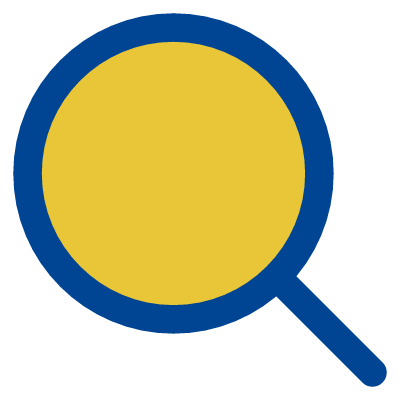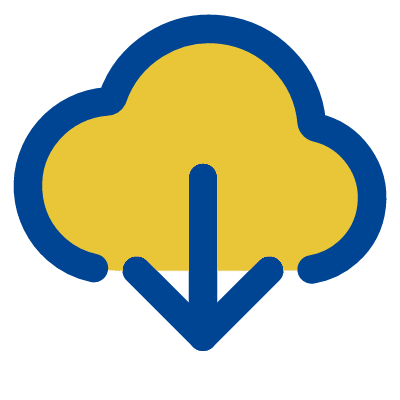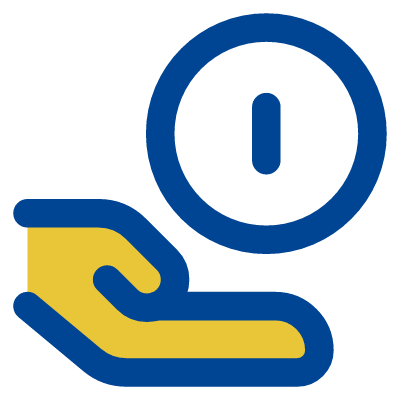The European Language Data Space (LDS) is designed as an ecosystem of organisations. Users who own language data and those who want to use language data can perform all actions related to their data assets and interact with other stakeholders within the platform in a secure way and in full compliance with EU laws and regulations.
The main component is the LDS connector. This small piece of software is installed on the users' systems and it enables the participation in the data space as well as the execution of all operations around data exchange, such as the publication, search, negotiation and transfer of data products.
What's new in v2.0.0-beta
The LDS 2.0.0-beta release brings significant improvements across the infrastructure. Existing components such as the user dashboard, metadata editor, policy wizard and registry have been enhanced to offer a more tailored, intuitive, and comprehensive experience for all LDS user roles. Data lifecycle management, participant onboarding, and data discovery have been refined as well to better support the platform's growing user base.
In addition to these upgrades, LDS 2.0.0-beta introduces a range of new features that expand its capabilities and user accessibility:
A web-accessible Central Catalogue offers a preview of the datasets and models shared by all LDS participants, serving as access point to explore the LDS ecosystem. Participants can freely decide which of their offers will be included in the Central Catalogue.
The creation of dataset and language model descriptions is facilitated with a set of APIs aimed at more advanced users, which allow batch import of metadata and integration with other systems, while less expert users will continue taking advantage of the editor UI. existing description templates.
This module is integrated into each organisation’s LDS connector and logs transaction activities made at each organisation's node.
New data exchange protocols support modern data exchange mechanisms, like cloud infrastructures.
This demonstrator module simulates payment-gated access to data offerings. It enables creation and transfer of invoices and access to the data offering only upon payment confirmation, while all financial transactions are carried out outside the LDS system.
How to get started
To apply for a participation in the LDS, the legal representative (or a delegated person) of an interested organisation fills in the application form and provides the necessary information to verify the eligibility of the organisation.
The LDS Governance Board will assess the application and approve or reject it in compliance with the governance framework.
Once the application is approved, the organisation will receive additional instructions on the technical procedure for accessing the LDS ecosystem and for the installation and configuration of the LDS connector.
Please note that only legal entities established in an EU member state are eligible to participate in the LDS marketplace. The data products to be offered must be under full ownership of (or include clear distribution rights to) the stakeholder who is publishing the offer.
We are happy to help!

The LDS user guide is organised in the form of a walkthrough, describing how to become a member of the LDS marketplace, how to install the required technical components and how to operate the LDS connector.
The LDS legal and technical helpdesks will support users during the testing phase and beyond and provide assistance for any questions or issues.
Related links
Only legal entities established in an EU member state are eligible to participate in the LDS marketplace. To apply for a membership in the LDS marketplace, your legal representative will have to fill in a dedicated application form.
Using the search function, you can find the datasets, tools and/or services made available by other participants in the LDS marketplace.
If you find a data product that suits your needs, the data owner can be contacted directly to negotiate access to the data product.
You can make data products available in the LDS marketplace by registering a description of the dataset and its specification. Before a data product can be published, a license must be applied.
The European Language Data Space (LDS) is designed as a distributed and decentralised ecosystem, consisting of central as well as local components. Each participant, be it a language data provider or consumer, needs to set up the LDS connector software on their own data infrastructure.





